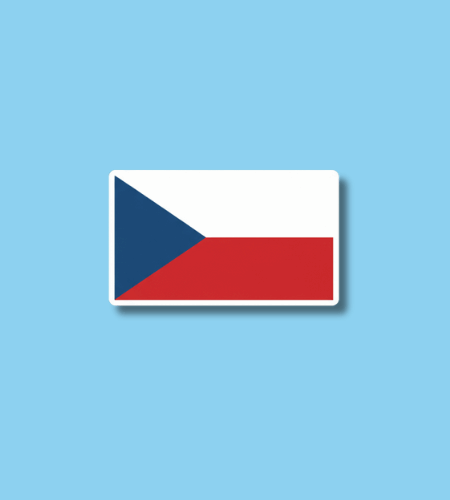Czech Founding Day, observed every year on October 28, is the national holiday of the Czech Republic. It marks the date in 1918 when the people of the Czech lands — then part of the Austro‑Hungarian Empire—declared a new independent state, beginning a pivotal chapter in Central European history.
Table of Contents
History of Czech Founding Day
In the autumn of 1918, with the collapse of the Austro‑Hungarian Empire at the end of World War I, the Czechs and Slovaks moved to declare the formation of a new democratic state. On October 28, 1918, in Prague’s Wenceslas Square, the proclamation of the independent state was made—effectively founding the First Czechoslovak Republic.
After many decades of change—occupation, communist rule, then peaceful transition—the modern Czech Republic retains October 28 as a full public holiday, officially named “Den vzniku samostatného československého státu” (Day of the Establishment of the Independent Czechoslovak State).
Why is Czech Founding Day important?
This day holds more than historical value — it marks a collective moment where a people determined to shape their own destiny declared that ambition into reality. On October 28, the peoples of what is now the Czech Republic affirmed their desire for self‑determination, democracy and a national identity distinct from imperial rule.
Beyond that, the day is a reminder of continuity: though the state formed in 1918 evolved, changed borders and names, the principles seeded then — freedom, civic identity, cultural renewal — continue to underlie Czech national life today. It invites individuals to reflect on how that history still influences their lives, their civic responsibilities, and their sense of belonging.
Here are five human‑centered reflections:
- It honors the generations whose hopes were tied to a new democratic start in 1918.
- It acknowledges that freedom and self‑governance are built, not simply given.
- It reminds us that national identity isn’t fixed in textbooks—it lives in rituals, remembrance, and community.
- It invites respect for the diversity of the Czech lands, remembering Czech and Slovak cooperation in the original state.
- It encourages each citizen to consider how they participate in the continuing story of their country.
How to Observe Czech Founding Day
In the Czech Republic, October 28 is marked by official ceremonies, wreath‑laying, and cultural events—but you don’t need grand pages to engage meaningfully. You might attend a local remembrance event, visit a monument associated with 1918 independence, or take a quiet moment to read a short article on the founding and reflect on what citizenship means to you.
On a personal level, it could be simpler: share a conversation with someone about what heritage they inherited, walk through a historic district in your town while thinking about how the world has changed since 1918, or fly or display the national flag with purpose. These small acts connect the present with the pivotal moment of the past.
Five accessible ideas to observe:
- Visit a public ceremony or memorial in your town recognising October 28.
- Display or raise the Czech national flag and pause for a moment of reflection.
- Read about the 1918 declaration and share one insight with friends or family.
- Visit a museum exhibition or historical site related to Czechoslovak independence.
- Take a quiet walk in a historic area (for example in Prague) and consider the change of 1918 from your vantage point.
Czech Founding Day Dates Table
| Year | Date | Day |
|---|---|---|
| 2026 | October 28 | Wednesday |
| 2027 | October 28 | Thursday |
| 2028 | October 28 | Saturday |
| 2029 | October 28 | Sunday |
| 2030 | October 28 | Monday |
Subscribe to our newsletter and never miss a holiday again!

